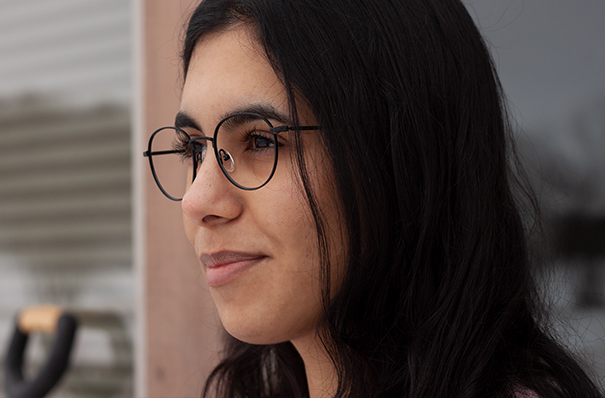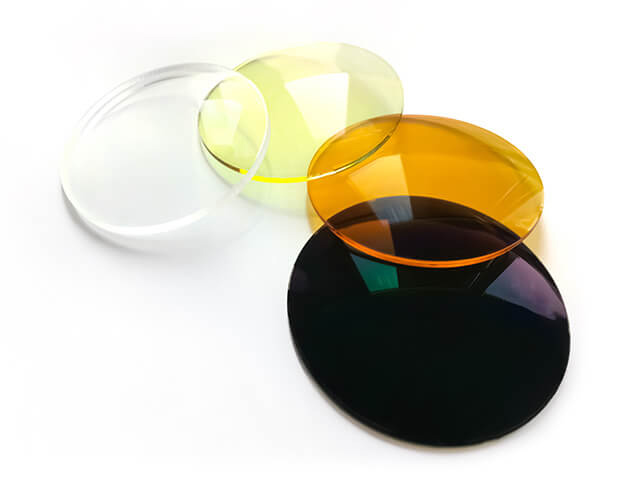 Main Menu
Main Menu

Wisconsin Vision has the nation’s first alloy-free lens lab.
Wisconsin Vision is committed to using environmentally-friendly methods for prescription lens manufacturing.
Our lens lab (LBC Optics in New Berlin) is the first in North America to use the innovative CCB Modulo from German equipment manufacturer Schneider Optical Machines.
Our investment in alloy-free technology makes prescription eyewear from Wisconsin Vision safer, greener, and better for our employees and patients.
What is alloy, and why is it bad?
Aluminum alloy is a mix of metals used to block (securely mount) unfinished lens material during grinding and polishing. Alloy contains hazardous materials including cadmium, lead & indium.
- Alloy and its fumes are a health hazard for optics industry workers
- Alloy is bad for the environment and difficult to dispose of safely
- Alloy is expensive, with unpredictable price fluctuations
Federal agencies including the EPA, OSHA & the CDC have targeted alloy material for increased restriction and eventual eradication. Years from now, it’s likely alloy will be banned from use.
Why do most labs still use alloy?

Alloy-free blocking benefits
Schneider Optical Machines’ new Eco-Fuse Technology is a ground-breaking innovation. EFT uses a completely organic glue compound and simple heat curing method.
Benefits include:
 Sustainable production
Sustainable production
with zero waste Less waste
Less waste
thanks to reusable block pieces Lightweight materials
Lightweight materials
that are clean, easy to handle and safer for workers Consistent, automated precision
Consistent, automated precision
in crafting an even wider range of complex eyewear
Thanks to EFT technology, our lens lab produces the most accurate, customized eyewear in the nation without hazardous materials, chemicals, or methods.

 Shop by
Shop by Frame Material
Frame Material  Lenses &
Lenses &  Blue Light
Blue Light Professional
Professional Dispensing
Dispensing
 Our Lab
Our Lab
 Contact Lens
Contact Lens
 Community
Community
 Join Our Team
Join Our Team
